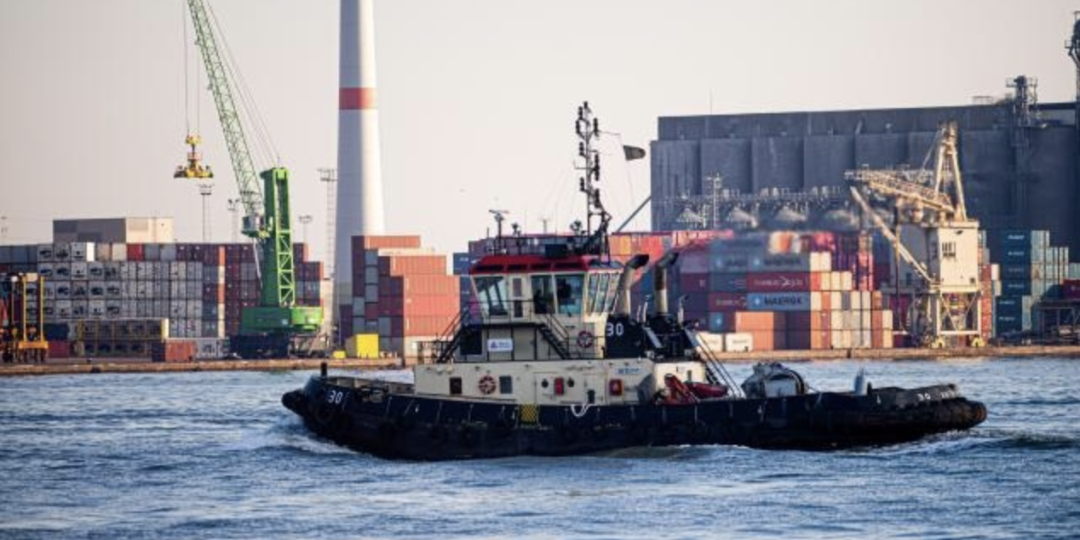As seizures of cocaine in the EU hit record levels - with 303 tonnes seized in 2021 alone – the European Commission has adopted an EU Roadmap to step up the fight against drug trafficking and criminal networks, building on the legislative and operational initiatives put forward so far. The drugs trade is one of the most significant security threats faced by the EU today, according to the Commission, which says the activities of criminal networks have evolved in their scale, sophistication, and violent consequences.
It has suggested the creation of a new European Ports Alliance which it believes will increase the resilience of ports against criminal infiltration by reinforcing the work of customs authorities, law enforcement, and public and private actors in the ports across the EU. For example, through state-of-the-art scanning and equipment.
Yet, given the ever-evolving nature of criminal activities around the world, there is a constant need to adapt and complement the EU collective response. The roadmap sets out concrete and targeted actions to close the emerging gaps.
Dismantling high-risk criminal networks through facilitating financial and digital investigations, mapping the biggest criminal networks, reinforcing cooperation between specialised prosecutors and judges, and making use of the Schengen Information System (SIS) alerts is also a top priority.
In addition, the Commission is looking at measures to prevent organised crime through the exchange of best practices and guidance among Member States to prevent infiltration of these groups in the society and legal economy. This involves working with international partners to confront the global threat, including through reinforcing information exchange, joint operations on the main drug trafficking routes, and strengthening law enforcement and judicial cooperation with non-EU countries.
The Commission will work closely with Member States and its partners to achieve the goals set out in this roadmap.













